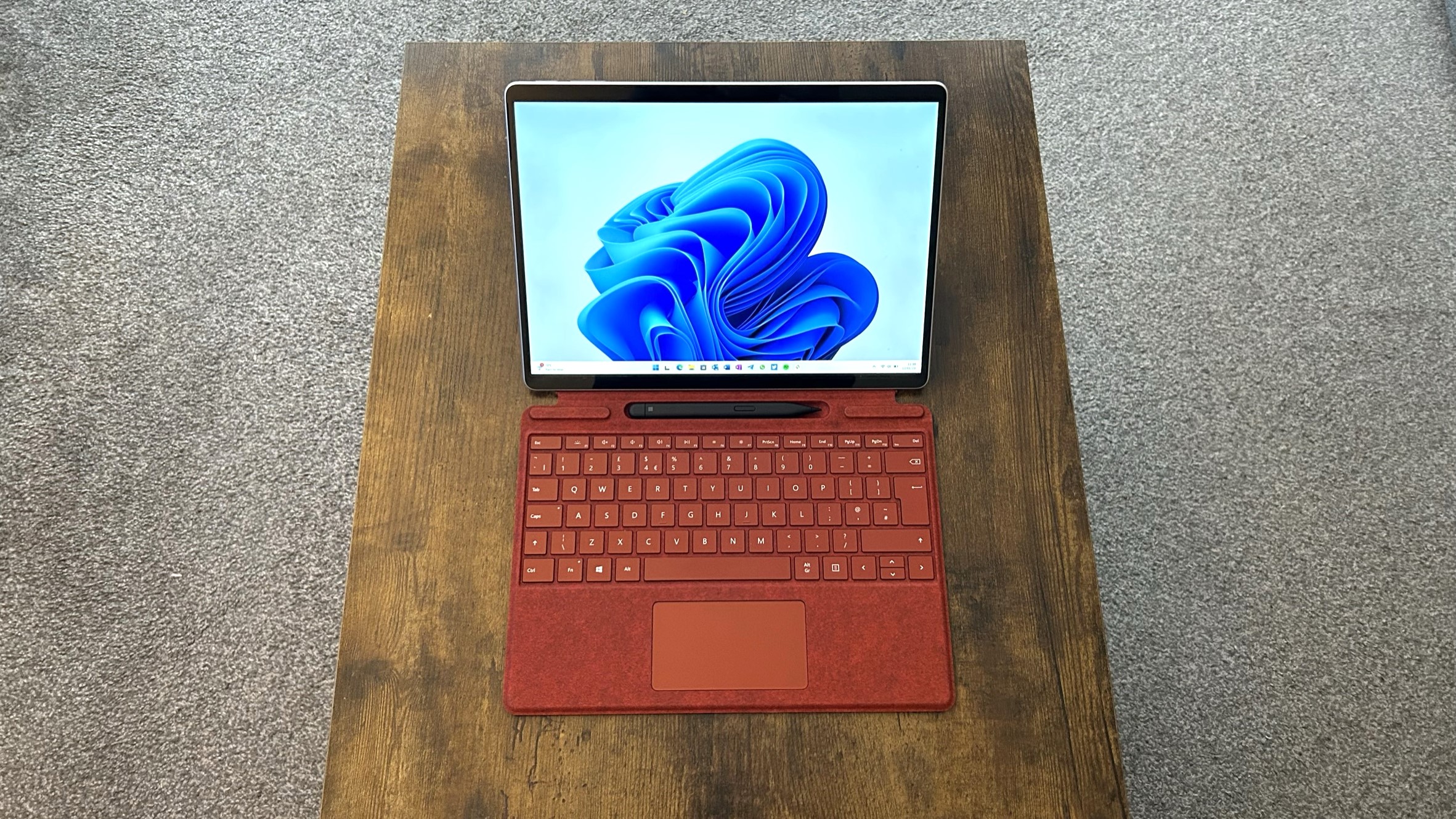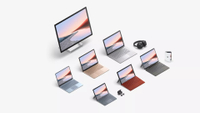Microsoft wants to bolster the manufacturing process of future Surface devices with AI and machine learning
Microsoft plans to enhance the manufacturing process of Surface devices with AI and machine learning.

What you need to know
- Microsoft outlines its Surface and Azure teams leverage Azure's high-performance computing to improve the product design process for Surface devices.
- The company indicates that the technology has helped save time and resources during the design process.
- Microsoft wants to leverage machine learning and AI in product manufacturing and development of future Surface PCs.
Microsoft is seemingly placing all its bets on generative AI. As you might have noticed, the tech giant has ramped up its efforts in the category and virtually integrated the technology across most of its products and services.
Now, the company shared a detailed blog post highlighting how its Microsoft Surface and Azure team used Azure's high-performance computing technology to revolutionize the product design process of manufacturing Surface products while simultaneously saving time and cost.
According to Microsoft's Principal Engineer and structural designer, Prasad Raghavendra, the company integrated Abaqus, "a Finite Element Analysis (FEA) software," into Azure HPC in 2016. Abaqus helped the company solve many issues and fully transition "product-level structural simulations for Surface Pro 4 and the original Surface laptop to Azure HPC from on-premises servers."
Raghavendra indicates the availability of Azure HPC for structural simulations using Abaqus, which has completely revolutionized the product design process for Surface devices. It translated design concepts created in digital computer-aided design (CAD) systems into the FEA model.
This made it easier for analysts to use FEA models to run numerous tests in different reliability conditions in a virtual environment rather than physically going through the entire process step-by-step. Consequently, the team ran hundreds of simulations to determine the feasibility of proposed design ideas and solutions. This ability made narrowing down potential design ideas easier, which were turned into prototypes for further scrutiny.
Reliability and customer satisfaction remain a top priority for the Microsoft Surface team. To scale greater heights, Microsoft intends to continue using digital prototypes (FEA model) for simulation runs on Azure HPC clusters. Microsoft seeks to leverage machine learning and AI in product manufacturing and developing future Surface devices.
A bright AI-powered Surface future awaits

Microsoft unveiled its new lineup of business-focused Surface devices in March, including the Surface Pro 10 and Surface Laptop 6. The entries will ship with Intel Core Ultra, new NPUs, and display upgrades. The company is potentially leaning toward AI PCs featuring a dedicated Copilot button.
Get the Windows Central Newsletter
All the latest news, reviews, and guides for Windows and Xbox diehards.
That aside, Microsoft's Windows and Surface engineering department has a new boss. When Panos Panay left the company and later joined Amazon, his role split into two. Pavan Davuluri took over the Surface wing, while Mikhail Parakhin handled everything Windows-related.
However, normalcy seems to have been restored at the company. Pavan Davuluri is now in charge of both Windows and Surface engineering. Microsoft also started selling replacement parts for Surface PCs, including screens, kickstands, batteries, SSDs, and more directly from the Microsoft Store. This strategy is designed to improve the repairability of Surface devices.
Whether you're looking for a new screen, SSD, power supply, kickstand, speaker, or other components on your Surface Pro, Surface Laptop, or Surface Studio, Microsoft has you covered with official parts available on the Microsoft Store.

Kevin Okemwa is a seasoned tech journalist based in Nairobi, Kenya with lots of experience covering the latest trends and developments in the industry at Windows Central. With a passion for innovation and a keen eye for detail, he has written for leading publications such as OnMSFT, MakeUseOf, and Windows Report, providing insightful analysis and breaking news on everything revolving around the Microsoft ecosystem. While AFK and not busy following the ever-emerging trends in tech, you can find him exploring the world or listening to music.

